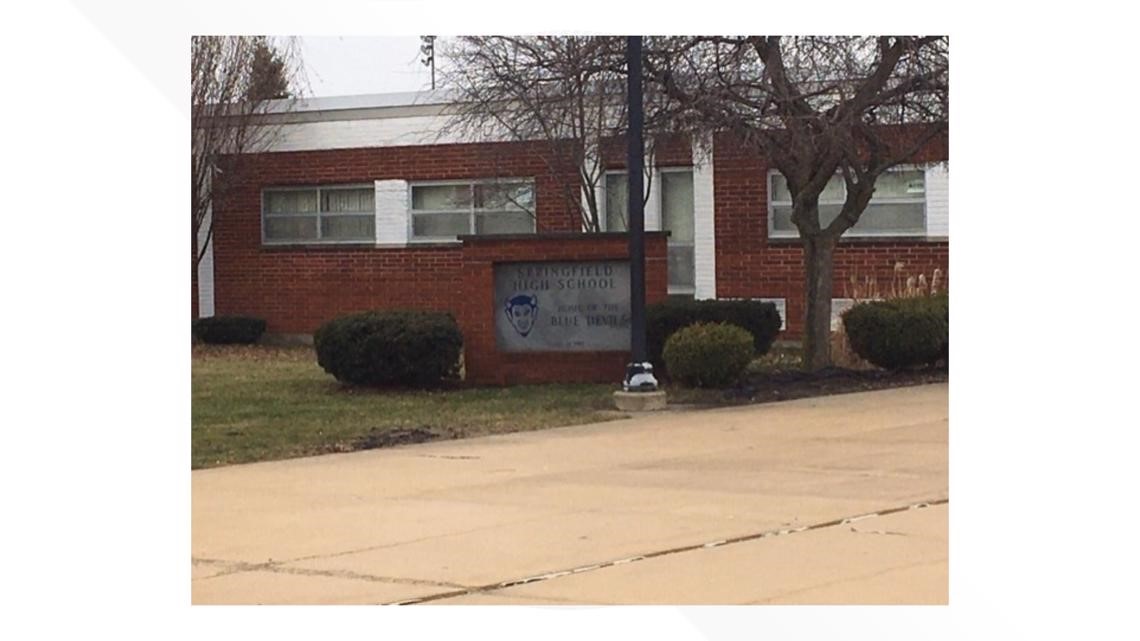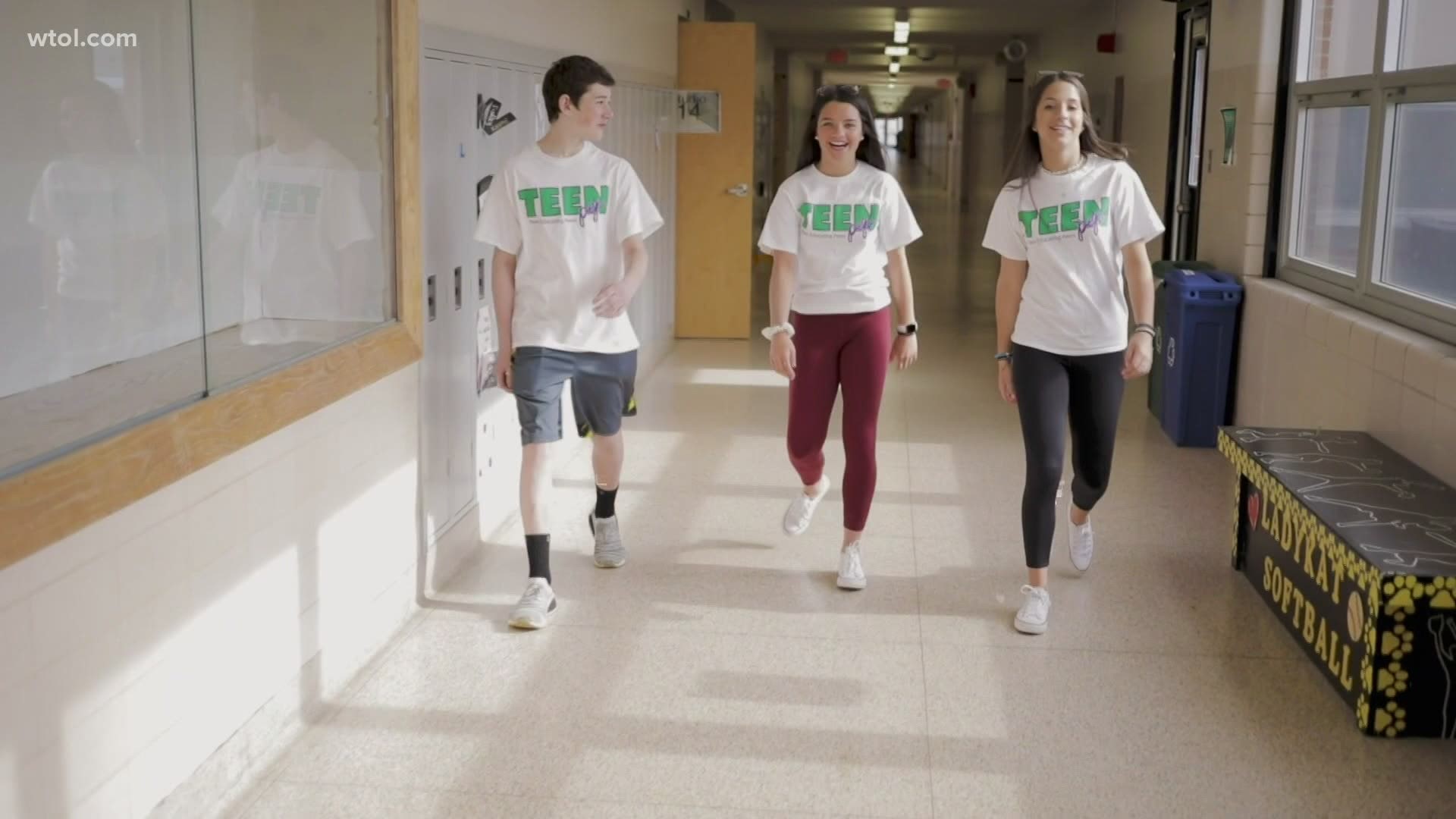HOLLAND, Ohio — Just before the pandemic took over the country and lockdowns began, a group of local teens had stepped up to make a difference, helping fellow students deal with bullying or dating violence.
Then, everything changed.
"Everything had to be changed, everything had to be adjusted," Springfield High School junior Eric Fox said.
"We were on a roll and then it was just very abruptly cut off. And it was scary," ProMedica Teen PEP Project DirectorDanielle Cisterino-Hajdu said.
Classrooms were full and hallways were busy with students at Springfield High School in March, just days before kids were sent home for the rest of the spring and summer.
The pandemic had interrupted what the Teen PEP program had accomplished.
PEP stands for "Peers Educating Peers." Working with ProMedica, students help fellow classmates with real life problems like bullying, verbal and sexual abuse, and dating troubles.
"All of the projects we had been doing with our small groups, kind of had to be flipped on their axis," Fox said.
Fox is one of the leaders of the Teen PEP program. He said the pandemic led to increased use of computers and social media and an increase in problems.
"Social media went from being the fastest way to communicate with your friends, to basically being the only way and I think that could lead to higher instances of some of the more negative things about social media like cyberbullying," Fox said.
"When you are behind a computer that has the ability to turn quickly, and you do sometimes become more brazen, more emboldened than you might normally be in person," Cisterino-Hajdu added.
Teen PEP and its leaders had to make adjustments.
Since they can't counsel kids in person, leaders are pushing their resources on social media, and making sure teens know they can contact them if they need help.
They were able to do their freshmen orientation in person at Springfield High in August, which was a step in the right direction.
"It was awesome just to be able to feed off of the energy that they were giving us and just be able to have that active feedback. And be able to know where they're at in relation to what they're telling them," Fox said.
"They need socialization. They need to interact with one another. They need meaningful connection," Cisterino-Hajdu added.


Teen PEP leaders hope increased mask use will allow for more in-person contact with fellow students in the weeks ahead.
In addition to Springfield High, the Teen PEP program also serves students in 13 other local high schools.
For more information on Teen PEP, click here.

